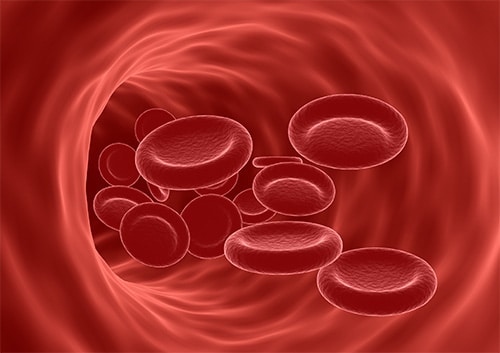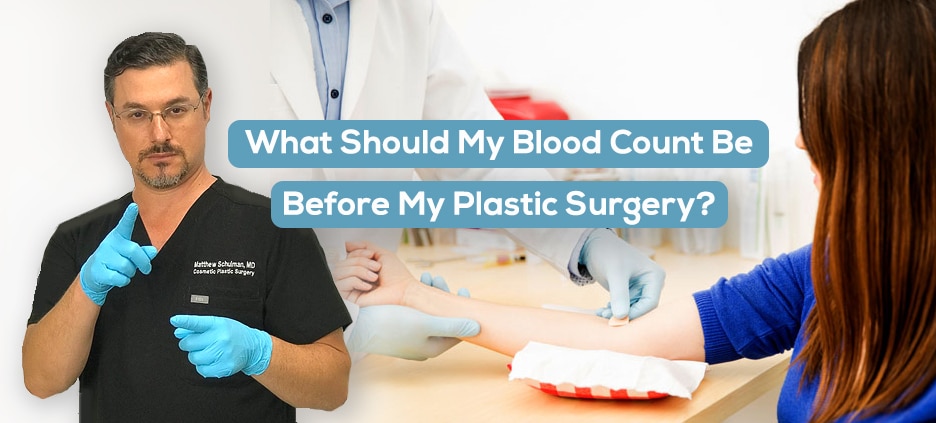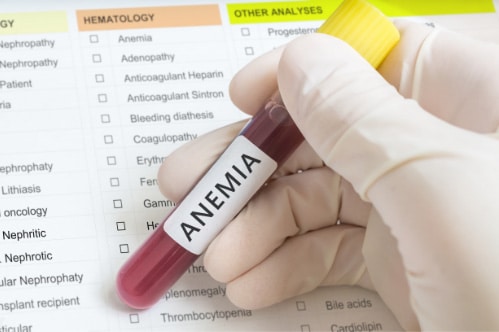A proper hemoglobin levels for plastic surgery is required to be a candidate for elective plastic surgery in NYC. In otherwise healthy individuals, a low blood count is the most common reason for surgical cancellation or postponement. Let’s talk in more detail about:
- what a low blood count means
- what causes a low blood count?
- what can be done to treat a low blood count?
What Testing is Required Before My Plastic Surgery?
It is necessary for you to be in optimal physical shape to be eligible for cosmetic surgery. Unlike other procedures that may be considered necessary, like gall bladder removal, appendectomy, heart surgery, gynecological surgeries, etc., cosmetic surgery is entirely elective. It is something you want, but not something you need.
Accordingly, your Board Certified Plastic Surgeon should never place you at unnecessary risk to have a procedure that makes you look better. If your surgery was to save your life, then certain risks are necessary, but this is never the case with elective cosmetic surgery.
Before your surgery, you will undergo a full medical evaluation to make sure you are healthy and that your surgery can be done safely. You will have a physical examination to evaluate your heart and lungs.
You will likely undergo and EKG to make sure your heart is functioning correctly. Your surgeon may require specialized testing for any pre-existing medical problems.
You will also have blood tests to further evaluate your health. One of these blood tests will measure your blood cells and specifically, your hemoglobin level.
What is Hemoglobin?
Hemoglobin is the protein component of your red blood cells, found in the center of every single red blood cell. It is the part that specifically binds oxygen so that the blood cell can carry oxygen and deliver it throughout your body. The normal hemoglobin level will depend on your age and gender:
- Women: 12 or higher
- Men: 13 or higher
What Are the Symptoms of Anemia (Low Hemoglobin Levels)?

This is called anemia. A proper oxygen level in your blood is necessary for the normal function of your body. The symptoms associated with anemia is determined by the severity of the anemia. Mild anemia can make you feel tired and fatigue. You may feel low energy and even cold.
Moderate anemia is more concerning and can cause a rapid heart-rate, dizziness, and shortness of breath. This is because your body is low on oxygen and your heart automatically tries to work harder and pump faster, and your lungs try to get more oxygen from the air.
Severe anemia can lead to heart attacks, arrhythmias, stroke, and even death. Adequate blood oxygen levels are also necessary to help you heal after injury or surgery.
This means that even moderate anemia can increase your risk of having wound healing problems after your plastic surgery.
Your hemoglobin level is determined with a simple blood test called a complete blood count, or CBC. This is one of the standard blood tests obtained in preparation for surgery. There are also some rapid testing devices, called Hemacue, that will measure the hemoglobin level in a few minutes from a simple finger stick.
What Are the Causes for Anemia?
There are a variety of reasons for low hemoglobin. First, your hemoglobin level may be low because you are bleeding or have lost blood. This will happen after surgery, after trauma, or most commonly, if you have very heavy menstrual periods.
Women with uterine fibroids and heavy periods, commonly have a low hemoglobin level from blood loss. Other causes of blood loss may be bleeding hemorrhoids, bleeding ulcers, or even colon cancers.
However, one of the most common reasons for low hemoglobin levels is iron deficiency. Iron is necessary in the production of blood cells and hemoglobin. Anything that causes decreased iron in the body can lead to deceased blood counts.
This iron-deficiency may be because of a lack of dietary iron that is commonly found in meats like beef and liver.
Vegetarians often have some degree of iron deficiency and are encouraged to increase their consumption of non-meat foods that are high in iron, like beans. People with iron-deficiency anemia require daily iron supplementation with iron pills.
This is usually very successful in raising the hemoglobin level but can take several weeks to show improvement.
People who have had prior surgeries like stomach resections (because of cancer or ulcer disease) or bariatric (weight loss) surgery, are also prone to anemia.
This is because they are lacking a critical part of the stomach necessary for absorption of vitamins and minerals necessary for red blood cell production.
Other less common causes of anemia include:
- Genetic diseases like sickle cell or thalassemia
- Bone marrow diseases like leukemia
- Older age
- Pregnancy
- Kidney disease
- B12 or Folate deficiency
How Can I Treat My Anemia?
A combination of history and laboratory tests can help determine the cause of your anemia. The treatment will depend on the cause of your anemia. If your anemia is from blood lost like heavy periods, you will need to see your gynecologist to evaluate you. Sometimes birth control pills can regulate your menstrual cycle, or uterine fibroids may need to be treated with medication or surgery. People with iron-deficiency anemia will require daily iron supplementation with pills.
This is usually very successful in raising the hemoglobin level but can take several weeks to show improvement. In extreme cases of iron deficiency, intravenous iron infusions are sometimes necessary. In some cases, such as occurs from genetic diseases, it may be impossible to raise the hemoglobin level. Treatment of your anemia may require the involvement of a hematologist, or a doctor who specializes in diseases of the blood.
What Hemoglobin Level is Required for Surgery?
Usually, I require that my patients have a hemoglobin level of at least 12 to be cleared for for surgical procedures. This will of course vary depending on the planned procedure, since some procedures normally lose more blood than others.
A breast augmentation results in virtually no blood loss, while a Mommy Makeover will come with more blood loss.
Since all surgery causes some normal blood loss, some degree of drop in hemoglobin level is expected after your surgery.
If you are starting at a low level before surgery, then the level may be a more significantly lower level after the surgery. This can set you up for the potential complications after surgery, even if you have never had previous signs of anemia.
Avoiding serious complications during surgery and making your recovery better, is the reason why you need to have an appropriate hemoglobin level prior to surgery.
If you are unclear of your hemoglobin levels, you can have this tested very easily. You may be surprised. If you have always been a little fatigued, or felt a bit more tired or look a little paler than your friends, you may be suffering from anemia.
Since this is so common, especially in women, I think all women should be taking a daily iron pill. You may be shocked at how much better you feel after a few weeks.
Questions and Answers
What is the lowest hemoglobin level for surgery?
The acceptable hemoglobin level for surgery can vary depending on the individual patient, the type of surgery, and the underlying medical conditions.
However, in general, a hemoglobin level of 10 g/dL is often considered the minimum acceptable level for elective surgery.
What is a good hemoglobin level for BBL?
As with any surgical procedure, a safe and acceptable hemoglobin for BBL surgery is typically considered to be at least 10 g/dL. This is to ensure that the patient has adequate blood volume and oxygen-carrying capacity to withstand the surgery and to reduce the risk of complications such as excessive bleeding, decreased oxygen delivery to tissues, and slower wound healing.
Can I have surgery if my hemoglobin is low?
The decision to have surgery with a low hemoglobin level depends on several factors, including the underlying cause of the low hemoglobin, the severity of the anemia, the type and urgency of the surgery, and the patient’s overall health status.
In general, elective surgery is often postponed until the hemoglobin level is within an acceptable range, typically at least 10 g/dL, to reduce the risk of complications during and after surgery, such as blood loss, decreased oxygen delivery to tissues, and slower wound healing.
Can you have Surgery with Low Iron?
If you are diagnosed with anemia, it may be necessary for you to take medication before your surgery. This could include iron supplements to boost your iron levels. In addition, you might need to consider a combination supplement that includes both iron and vitamin C, as vitamin C enhances iron absorption.
What labs are needed for BBL surgery?
- blood count, blood chemistry, and clotting tests
- CBC, Complete Metabolic Panel, Coagulation Panel
What is the minimum wbc count for surgery?
In general, for adults, a count lower than 3,500 white blood cells per microliter of blood is considered low.
Book Your Plastic Surgery Consultation
Contact Dr. Matthew Schulman today to learn more about your options for safe plastic surgery.



